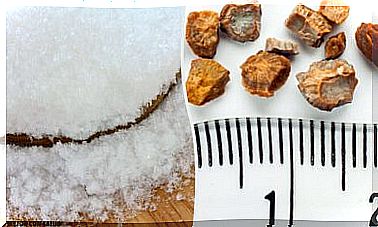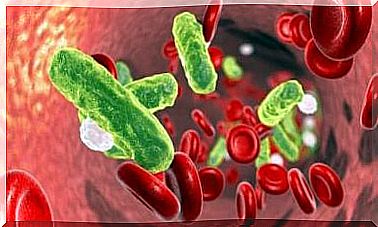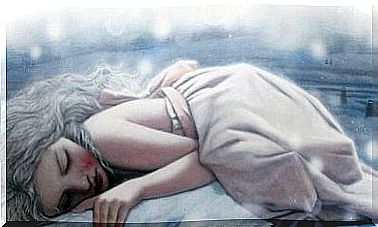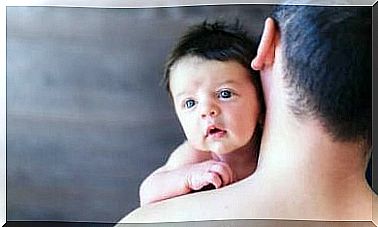Causes And Symptoms Of Low And High Blood Pressure
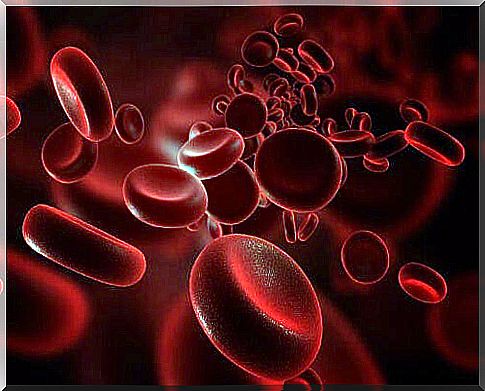
Hypertension and hypotension are two problems of arterial blood pressure and it is good to pay attention to their consequences.
To determine if you suffer from one of these two conditions and to be able to treat them adequately, in this article we will explain the causes and symptoms of both these disorders.
Causes of low blood pressure
Low blood pressure can be hereditary and is more common than high blood pressure , especially in thin and young women. If your mother has suffered from it, you are likely to suffer from it too. Since her symptoms are not always noticeable, many people do not treat her properly.
Among the causes of low blood pressure we can find:
- hypothyroidism
- Addison’s disease
- insufficiency of the anterior pituitary lobule
- heart failure
- pericarditis,
- heart rhythm disturbances
- other cardiovascular diseases
- forced rest for several days
- fluid deficiency
- lack of salt
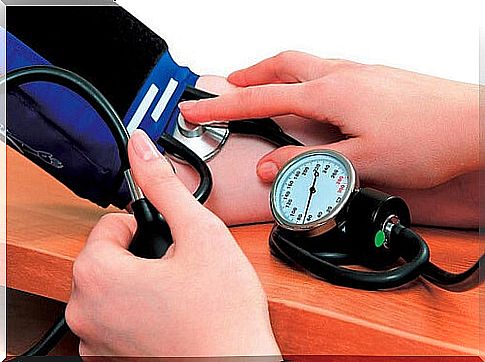
Some medicines can also cause hypotension. These include psychotropic drugs (for insomnia, anxiety or depression), cardiac antiarrhythmics, antihypertensive drugs (for high blood pressure), diuretics, coronary drugs (for example, for angina pectoris) and vasodilators .
Causes of high blood pressure
High blood pressure can occur at any time in life, regardless of gender. It mainly produces an increase in the pumping of blood from the heart and a contraction of the blood vessels .
It is considered a disease of the cardiovascular system and can lead to a heart attack. The problem is that in 95% of cases, hypertension has no obvious organic causes.
Anyone can suffer from high blood pressure as a result of obesity or overweight, lack of physical activity and a sedentary lifestyle, excessive consumption of salt, fat or alcohol, stress or smoking.
When high blood pressure is a chronic condition, it can affect vital organs such as the brain, heart, kidneys and eyes, causing heart failure to loss of vision, myocardial infarction to stroke.
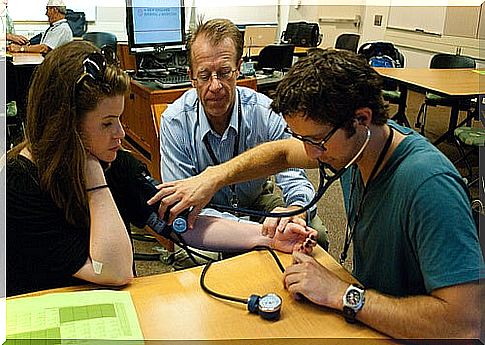
Hypertension can also be a hereditary factor, and men are most likely to suffer from it, especially after the age of 40; overweight and high cholesterol are two direct causes of this disease.
Symptoms of low blood pressure
If you have low blood pressure, you may be suffering from one, some or many of these symptoms:
- fatigue
- need to sleep longer than they should
- decline in performance and fitness
- concentration problems
- depressive emotional responses
- apathy
- sleep disorders
- insomnia
- lack of energy
- asthenia
- exhaustion
- feeling faint
- lack of strength
- need several hours before fully waking up in the morning
- very rapid fatigue
- increased sensitivity to cold (especially on the feet and hands)
- pale skin (especially on the face)
Circulatory symptoms of low blood pressure appear when there is a deficit in the blood supply to the brain. This can happen for example on very hot days or after being exposed to the midday sun.
Fatigue and asthenia are very common and can occur after eating, when blood accumulates in the stomach area.
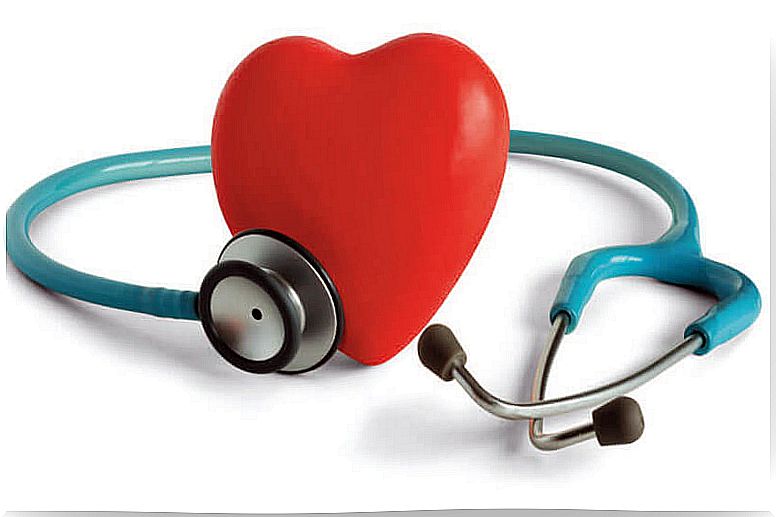
Nausea are also common symptoms of low blood pressure, as are dizziness, headaches, fainting, momentary fainting, eyelid tremors, and visual disturbances.
These signs must put us on alert: they indicate that something is wrong.
- The heart may start beating faster (tachycardia).
- The blood vessels contract (this is why we are pale and have cold hands and feet).
- We may suffer from excessive cold sweats or even faint, because the brain does not get enough oxygen and we lose control of the muscles.
High blood pressure symptoms
High blood pressure also has its symptoms, and you need to pay attention to the warning signals your body is sending us.
However, the first signs of hypertension are not so easily identifiable, they can be very specific and develop gradually.
Some of the most common symptoms are:
- difficulty falling asleep at night
- slight irritability
- insomnia
- restless sleep
- recurring nightmares
- frequent nocturnal awakenings
- hearing problems such as tinnitus
- ringing in the ears
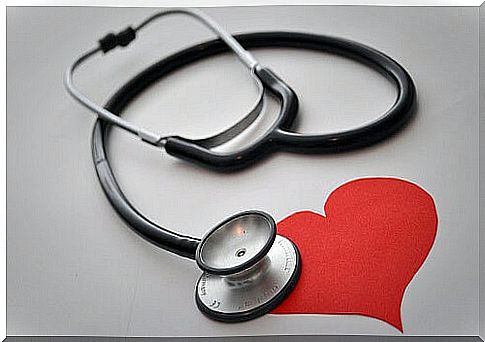
Intense headaches or dizziness can indicate that we are facing a case of hypertension, especially when they appear after an episode of severe stress, nervousness or anxiety.
In women over the age of 50, many of the symptoms of high blood pressure are similar to those of menopause (sudden changes in mood, hot flashes, headaches, nausea) and therefore are sometimes not treated as they should.
In the case of middle-aged men, hypertension often manifests itself through problems associated with erectile dysfunction.
In all cases, chest pain, wheezing, a feeling of tightness in the chest or choking are more than enough reasons to go to the doctor.
As we said earlier, high blood pressure can lead to serious heart problems. Arrhythmia can also be caused by hypertension.



